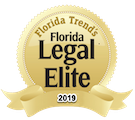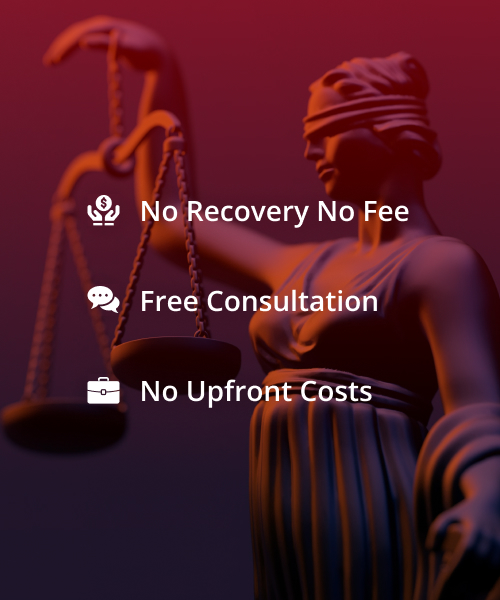- Free Case Evaluation: (305) 577-3777 Tap Here to Call Us
Florida Businesses Fear Lawsuits When Allowed to Reopen
(The Center Square) – Nonessential Florida businesses want assurances from the state Legislature that if they reopen in accordance with state and federal guidelines, they will not be sued if patrons and workers contract COVID-19.
“I’ve got friends that run Dow 30 companies in Florida and they are concerned that opening up their offices will put them at traumatic risk,” said AJ de Moya, vice president and general manager with The de Moya Group, a Miami-based road builder. “I think it’s really important and we protect this.”
De Moya’s comments came during Wednesday’s teleconference meeting of the Re-Open Florida Task Force’s 35-member Working Group on Tourism, Construction, Real Estate, Recreation, Retail and Transportation.
The potential that some businesses may not reopen out of a fear of lawsuits is something lawmakers already had planned to address in a special session, Sen. Jeff Brandes, R-St. Petersburg, told Florida Politics.
“Asymptomatic people working in their facility could spread the disease and lawsuits could come from that,” Brandes said, noting he will sponsor a bill to hold businesses that comply with regulations harmless.
After canvassing ideas on reopening restaurants and hotels Tuesday, the second-day session Wednesday focused on theme parks and sports.
The group, one of several subpanels representing specific industries, will forward recommendations to the task force’s 22-member executive committee, which is commissioned to deliver a reopening plan to Gov. Ron DeSantis by week’s end.
Universal Orlando Resort CEO John Sprouls told the panel Universal Orlando Resort is studying how to reopen its gates, closed since March, but is hesitant to do so until it can screen workers and guests before entering.
“We’re not sure yet how we’re going to do that, but we’re looking for help from health officials to help us figure out what might be an appropriate protocol to try to minimize the possibility of any sick guests entering the parks,” he said. “We’re evaluating face coverings for our team members. We’re potentially evaluating, allowing or even encouraging guests to wear face coverings as well. At least initially.”
Universal and Disney World are among theme parks that draw 85 million people to Orlando and the Tampa-area annually, according to a 2018 report by the Themed Entertainment Association and AECOM. Many patronize the parks’ affiliated hotels, fine dining and fast-food restaurants, nightclubs and on-site retailers.
Among “different scenarios” being pondered by Universal Orlando Resort are limiting crowds, “virtual” or expanded FastPass-style lines, staggered ride seating and online food ordering, Sprouls said.
“We would be capping attendance to make sure we could create a maximum amount of social distancing,” he said. “And then, as we gained confidence in those practices and procedures that we’re employing, and as we learned from what we’re doing, we would gradually see that attendance rise.”
Those practices and procedures await state and federal guideline clarity, but Sprouls said enhanced cleaning, checking and logging workers’ daily temperatures, and onsite medical professionals to observe – and be observed by visitors – are likely components.
“If (visitors) don’t feel safe,” he said, “they won’t attend.”
Florida Panthers President and CEO Matthew Caldwell endorsed Universal’s “virtual” lines and online food ordering concepts, but said they may not be viable in arenas and stadiums.
“We’re looking at everything. We’re looking at doing cashless arenas next year,” he said. “There’s only a few sports platforms that do that right now, but we’re really digging in hard to just limit touchpoints as much as possible.”
Caldwell said the NHL and NBA still hope to finish their suspended seasons, perhaps playing at neutral sites with few or no fans in the stands.









